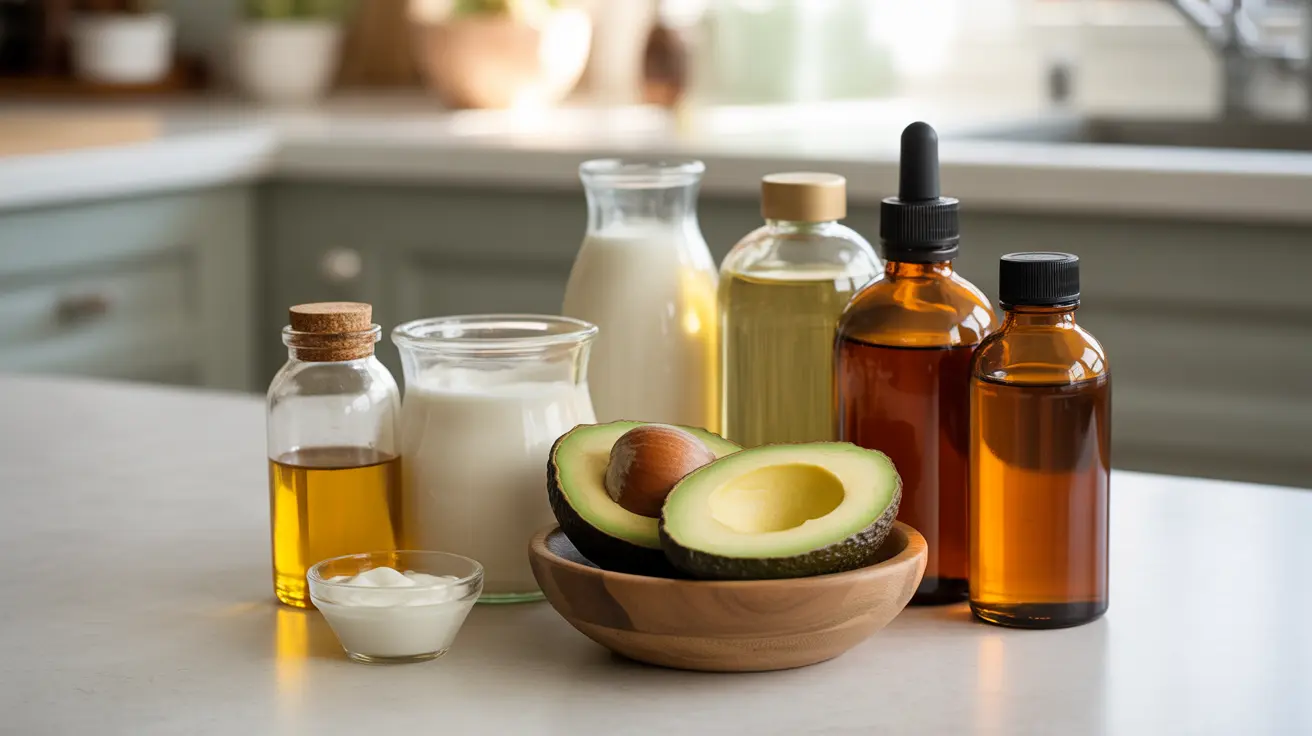Dealing with damaged hair can be frustrating and overwhelming, but understanding how to repair and restore your locks is the first step toward healthier hair. Whether your hair has been compromised by heat styling, chemical treatments, or environmental factors, there are effective strategies to bring back its natural strength and shine.
In this comprehensive guide, we'll explore proven methods for repairing damaged hair, from immediate solutions to long-term care routines that prevent further damage. You'll learn how to identify signs of damage and implement both professional and at-home treatments that actually work.
Signs of Hair Damage to Watch For
Recognizing the signs of damaged hair early can help you address problems before they worsen. Common indicators include:
- Split ends and breakage
- Dull, lifeless appearance
- Rough or brittle texture
- Excessive tangles and knots
- Lack of elasticity
- Increased porosity
- Frizz and flyaways
Professional Treatment Options
While home remedies can be effective, some damage requires professional intervention. Consider these salon treatments:
- Deep conditioning treatments
- Protein treatments
- Bond-rebuilding services
- Trim or cut to remove damaged ends
- Specialized scalp treatments
Natural Remedies and DIY Solutions
Several natural ingredients can help restore damaged hair's health and vitality:
Best Natural Oils for Hair Repair
Different oils offer unique benefits for damaged hair:
- Coconut oil: Penetrates the hair shaft to prevent protein loss
- Argan oil: Rich in antioxidants and vitamin E
- Jojoba oil: Closely mimics natural scalp oils
- Almond oil: Provides deep moisture and shine
- Olive oil: Helps seal moisture into the hair shaft
DIY Hair Masks
Create effective hair masks using kitchen ingredients:
- Avocado and egg mask for protein
- Honey and yogurt for moisture
- Aloe vera and coconut oil for repair
- Banana and olive oil for strength
Daily Hair Care Habits for Prevention
Prevent future damage by incorporating these practices into your routine:
- Use heat protectant before styling
- Avoid tight hairstyles
- Sleep on silk pillowcases
- Limit washing to 2-3 times per week
- Use lukewarm water instead of hot
- Pat dry with microfiber towels
- Regular gentle brushing with appropriate tools
Frequently Asked Questions
What are the most effective home remedies and treatments for repairing damaged hair?
The most effective home remedies include deep conditioning treatments with natural oils like coconut and argan oil, protein-rich hair masks, and regular trimming. Combining these with proper hair care habits such as using heat protection and gentle handling can significantly improve hair health.
Can severely damaged hair really be repaired, or is trimming the only solution?
While severely damaged hair cannot be "reversed" completely, you can improve its appearance and prevent further damage. The damaged portions can be treated with protein treatments and deep conditioning, but trimming damaged ends remains essential for overall hair health.
What daily habits and products help prevent further hair damage and split ends?
Key preventive habits include using heat protectants, limiting heat styling, avoiding chemical treatments, protecting hair while sleeping, and using gentle, sulfate-free hair products. Regular conditioning and careful detangling also help prevent damage.
Which natural oils are best for restoring moisture and strength to dry, damaged hair?
Coconut oil, argan oil, and jojoba oil are particularly effective for damaged hair. Coconut oil penetrates the hair shaft, while argan oil provides antioxidants and moisture. Jojoba oil helps balance scalp oils and provides deep conditioning.
How can I tell if my hair is damaged, and what are the key warning signs to look for?
Key signs of hair damage include split ends, brittleness, lack of shine, excessive tangles, difficulty holding style, and increased breakage. Other indicators include rough texture, frizz, and hair that feels dry or straw-like even after conditioning.




